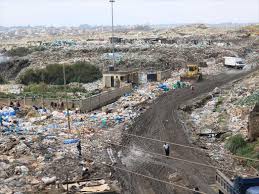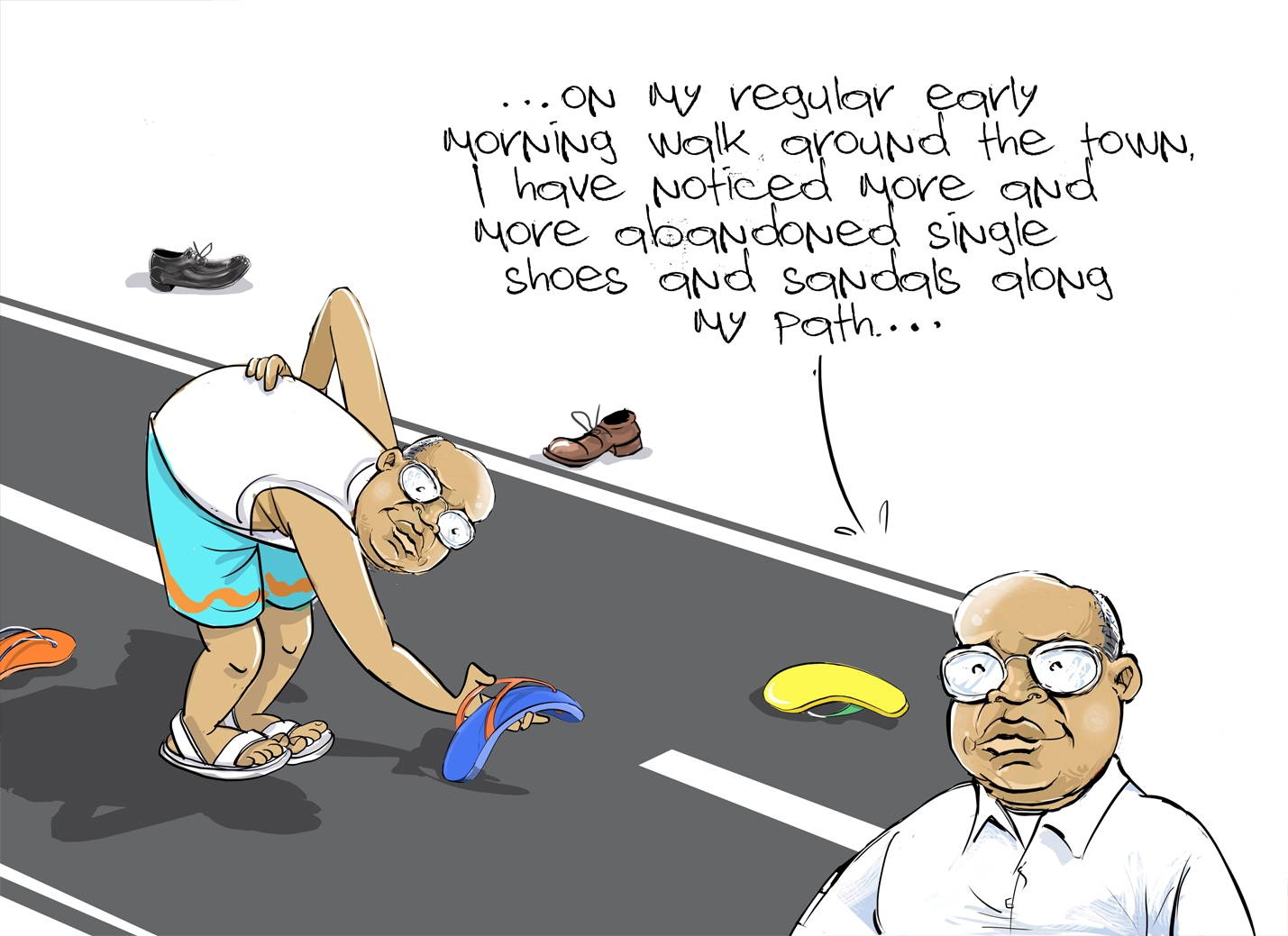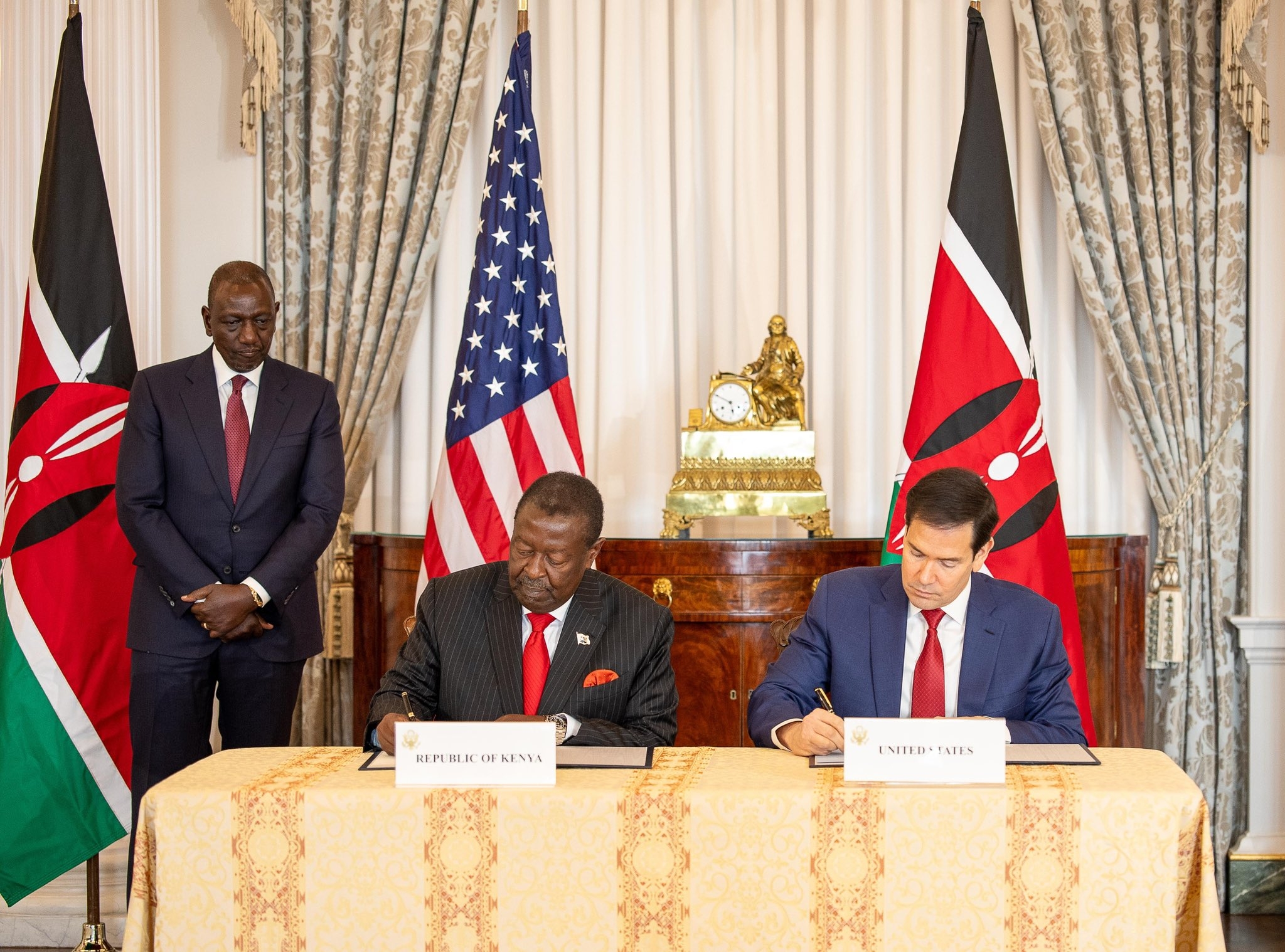
KENYA’S private sector wants implementation of the Sustainable Waste Management (Extended Producer Responsibility) Regulations, 2024 pushed to next year to pave way for further consultations.
This comes as manufacturers, importers, exporters, suppliers and clearing agents warn that the new rule, which was to be effected on May 4, will negatively impact businesses, exposing consumers to higher commodity prices.
The High Court in Nairobi has issued a conservatory order staying the operation, application, implementation, and or enforcement of the regulations gazetted in November 2024, in a case pitting the Law Society of Kenya and the National Environmental Management Authority.
“Pending the inter partes hearing and determination of the petitioner/applicant’s notice of motion application dated 07/05/2025, a conservatory order be and is hereby restraining the respondents, jointly and severally, and whether directly or through their servants, agents, employees, related entities, or public bodies operating with the respondents under a multi-agency framework from initiating or furthering or continuing the operation, application, implementation, or enforcement of the Sustainable Waste Management (Extended Producer Responsibility) Regulations, 2024,” Constitution And Human Rights Judge, Justice Bahati Mwamuye, ordered.
Mention is set for June 16 to confirm compliance and to take directions on the expedited hearing and determination of the matter.
Six lobby groups– the Association Of Kenya Suppliers, Kenya Private Sector
Alliance, Kenya Flower Council, Fresh Produce Consortium of Kenya, Kenya
International Freight and Warehousing Association (KIFWA) and the Shippers
Council of Eastern Africa (SCEA) have however poked holes on the new rule, calling for further
talks to address proposals that will negatively impact businesses and
consumers.
The rule will see players in the value chain held accountable for the entire lifecycle of their products, including post-consumer waste management and environmental impacts, which comes with an extra cost.
Major concerns by the private sector players include the high cost of compliance where for instance, an importer is required to pay Sh150 per item for every consignment brought into the country.
In addition, the importer must obtain an import permit for each shipment, which carries further financial implications.
Producers are also mandated to register individually with NEMA, paying a one-off registration fee of Sh5,000 or 10,000 under the collective action scheme (Producer Responsibility Organisation - PRO) and an annual renewable license fee of Sh50,000 for individuals or Sh100,000 for schemes.
“The cumulative impact of these costs will directly increase the cost of importation and manufacturing. Inevitably, these additional operational expenses will be passed on to consumers, leading to higher retail prices for essential products such as diapers, sanitary towels, detergents and fabric softeners, thereby disproportionately affecting low- and middle-income households,” the private sector groups say in a joint memorandum seen by the Star.
The memorandum was submitted to Nema director genera and Environment, Treasury and Trade Cabinet Secretaries yesterday.
They have argued that moreover, the flat fee structure (Sh150 per item) does not differentiate between high-risk and low-risk products or between large corporations and SMES, thus placing a heavier financial burden on small businesses and bulk importers.
“This could significantly impact SMES, potentially leading to financial distress and closure,” they said.
There are also concerns over multiple registrations with the overlapping of registration and licensing processes each coming with its own associated fee, creating bureaucratic burden and making compliance cumbersome and costly for businesses.
Timelines for approvals is also a concern to industry players where the regulations stipulate that decisions on registration, license approvals and import permits shall be rendered within 14 days.
“To streamline the process, it is paramount that the authority integrates the EPR permit application and approval processes into the KenTrade Single Window System, facilitating faster payments, clearance and approval with an aim of reducing the approval time to less than 3 days,” the lobby groups say in the memorandum.
There is also lack of exemptions for raw materials and intermediate goods destined for further processing by manufacturers, non-profit organisations importing goods for donations and key medicaments and pharmaceutical products.
“Failure to exempt these critical categories could hinder manufacturing growth, humanitarian aid delivery and public health objectives,” they have argued.
The lobby groups have also cited lack of a sustainable, transparent waste management framework.
While the authority proposes the introduction of the EPR regulations, no clear framework has been provided to explain how the collected funds will be utilised in waste management, recycling infrastructure development or environmental restoration.
This lack of transparency, they say, raises concerns about accountability and effectiveness.
They have since called for an extension of the implementation timeline to January 2026 or mid next year (July 2026), to allow adequate time for stakeholder consultations, clarification of operational ambiguities, capacity building for compliance and alignment of administrative systems between public agencies and businesses.
















